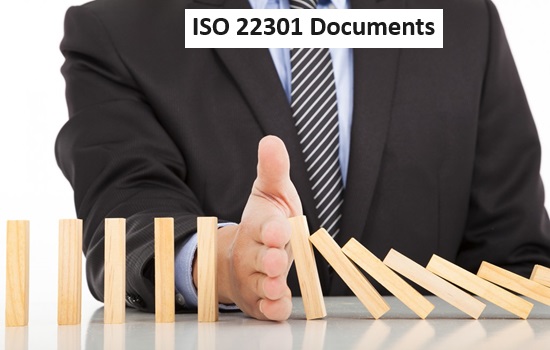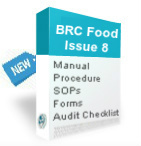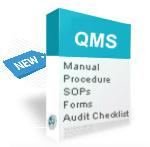The ability of an organization to continue essential operations in the face of a variety of events that could interrupt regular company operations is known as business continuity. It involves ensuring that your business can carry on with the least amount of disturbance feasible in the event of a disaster, such as power outages, natural disasters, cyberattacks, and other external threats. Specifically, business continuity refers to the use of effective risk management procedures that enable you to promptly and cost-effectively recover from incidents while maintaining key activities in the event of a disaster. You must concentrate on building and maintaining a strong BCMS if you want to make sure that your business processes are resistant to a variety of disturbances.
The Reasons Why Companies Need Business Continuity Certification
If your objective is to grow your business, attract new clients, and generate the best company image, then getting a Business Continuity Management Certification will help you to achieve these objectives and more. Establishing suitable processes thoroughly and concisely ISO 22301 document your BCMS are crucial steps in becoming ready for the ISO 22301 certification.
By Business Continuity Management System certification, you can:
- Be prepared for any hazards. A business continuity plan that includes comprehensive instructions on how to handle various disruptive situations will help you be ready for any kind of calamity.
- Boost the resiliency of your firm. By having a solid strategy and explicit procedures for staff to follow, you can continue running your business even in the event of a tragedy.
bolster system safety. - Create a business continuity strategy that includes cybersecurity to make sure that processes are in place to safeguard assets and data and can quickly recover from any threats.
- Preserve essential operations. With a business continuity strategy in place, you can keep your company running in the case of unforeseen circumstances and maintain the integrity of your key systems.
- Reduce the number of corporate losses. Prevent being negatively impacted by unforeseen events like losing money or damaging your reputation.
Business Continuity Management Certification Process for Your Businesses
The Business Continuity Management System certification includes several key stages, which are according to your organization, its activities, and the type of organization.
Step 1: Implement an ISO 22301 Awareness Program: Plan training workshops to acquaint staff members at all levels with the guidelines and tenets of ISO 22301. This guarantees that all parties are aware of their respective roles and duties in carrying out the business continuity management system successfully.
Step 2: Assemble Committees and Policies: Form committees at different levels and create business continuity process policies that adhere to ISO 22301 standards. To enable effective implementation and management of the BCMS, this entails establishing roles, responsibilities, and decision-making frameworks.
Step 3: Create the Certification Documentation for ISO 22301: Provide the necessary documentation, such as the formats, methods, and instructions for implementing and maintaining the BCMS, to obtain ISO 22301 certification. These records are used in certification audits as proof of compliance.
Step 4: Implementation and Employee Training: Introduce the BCMS to the entire staff and provide them with thorough instructions on how to use the formats and processes listed in the documentation. This guarantees that staff members have the abilities needed to successfully support business continuity initiatives.
Step 5: Conduct the Internal Audit: To gain Business Continuity Management System certification first you need to carry out an internal audit. This evaluation is the first stage in figuring out how much compliance there is with the standards and what resources are required to meet the requirements as stated.
Step 6: Create an Action Plan to Close the Gaps. You might need to add to or change your program based on the results of your initial evaluation. Establish clear guidelines for the precise steps to be followed, the resources needed, and the due dates for achieving compliance.
Step 7: Audit Certification Procedures: Make arrangements with an outside certifying authority to conduct an ISO 22301 certification audit. Your BCMS’s compliance with ISO 22301 criteria will be evaluated by the certifying body. Certifications and conformance evaluations are not performed by the ISO organization itself.
Step 8: Get Your Business Continuity Management System Certification: Upon the assessment of your BCMS’s compliance with ISO 22301 criteria, you will ultimately obtain your official certification. This attests to the fact that your company has implemented an international standard-compliant business continuity management system.









